Act Passes House as Part of NDAA, Moves to Senate Despite Opposition
The Countering CCP Drones Act, a bill that could effectively ban Chinese drone maker DJI from the U.S. market, has been attached to the must-pass National Defense Authorization Act (NDAA) for fiscal year 2025. The House passed the NDAA with the drone act included on June 15, 2024, sending it to the Senate for consideration.
Sponsored by Rep. Elise Stefanik (R-NY), the Countering CCP Drones Act would place DJI on the FCC’s “Covered List,” banning new DJI products from entering the U.S. and potentially grounding existing DJI drones. This could significantly disrupt the Drone Industry, as DJI holds a 70-90% market share for consumer, commercial, and first responder drones in the U.S.
First Responders Oppose Act, Citing Public Safety Concerns
The act’s inclusion in the NDAA has drawn opposition from first responder groups, including fire chiefs and law enforcement drone associations. In a letter to the Senate Armed Services Committee, they argued that the act would jeopardize public safety by dismantling 90% of first responder drone operations that rely on DJI, without sufficient alternatives available.
DJI has also strongly opposed the act, arguing it is based on inaccurate allegations and would put lives at risk by limiting access to drones for public safety agencies.
DJI’s Attempts to Avoid a Ban
In an apparent attempt to avoid Chinese-made restrictions, DJI has licensed its drone platform to a new U.S. company, Anzu Robotics. However, Rep. Stefanik called this a “desperate attempt to evade” a ban on DJI as a “Communist Chinese Military Company.”
The White House’s recent policy document on the NDAA also included a section titled “Countering Drone Threats in the United States,” citing House Resolution 4333 and Senate Resolution 1631. These bills create more powers against domestic drone use from an anti-terrorism perspective.
DroneXL’s Take
The Countering CCP Drones Act reflects an escalating push to limit Chinese Drone Technology on national security grounds, similar to the recent forced sale of TikTok. While concerns about Data Security and foreign influence are valid, it’s crucial to consider the potential unintended consequences of broad bans on leading drone manufacturers like DJI.
As first responder groups have pointed out, abruptly removing DJI from the U.S. market could significantly hinder public safety operations that rely on their drones, without sufficient alternatives in place. Policymakers should carefully weigh these risks against security concerns and consider more targeted approaches that address specific vulnerabilities without jeopardizing the benefits drones provide to society.
Ultimately, fostering a competitive and innovative domestic drone industry is essential for reducing reliance on foreign technology. However, this should be done through proactive investment and support for U.S. Drone Companies, rather than reactive bans that could do more harm than good in the short term.
Discover more from DroneXL
Subscribe to get the latest posts to your email.








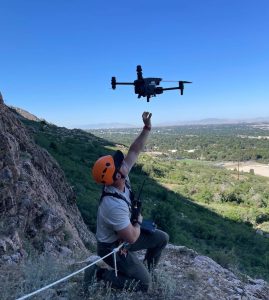
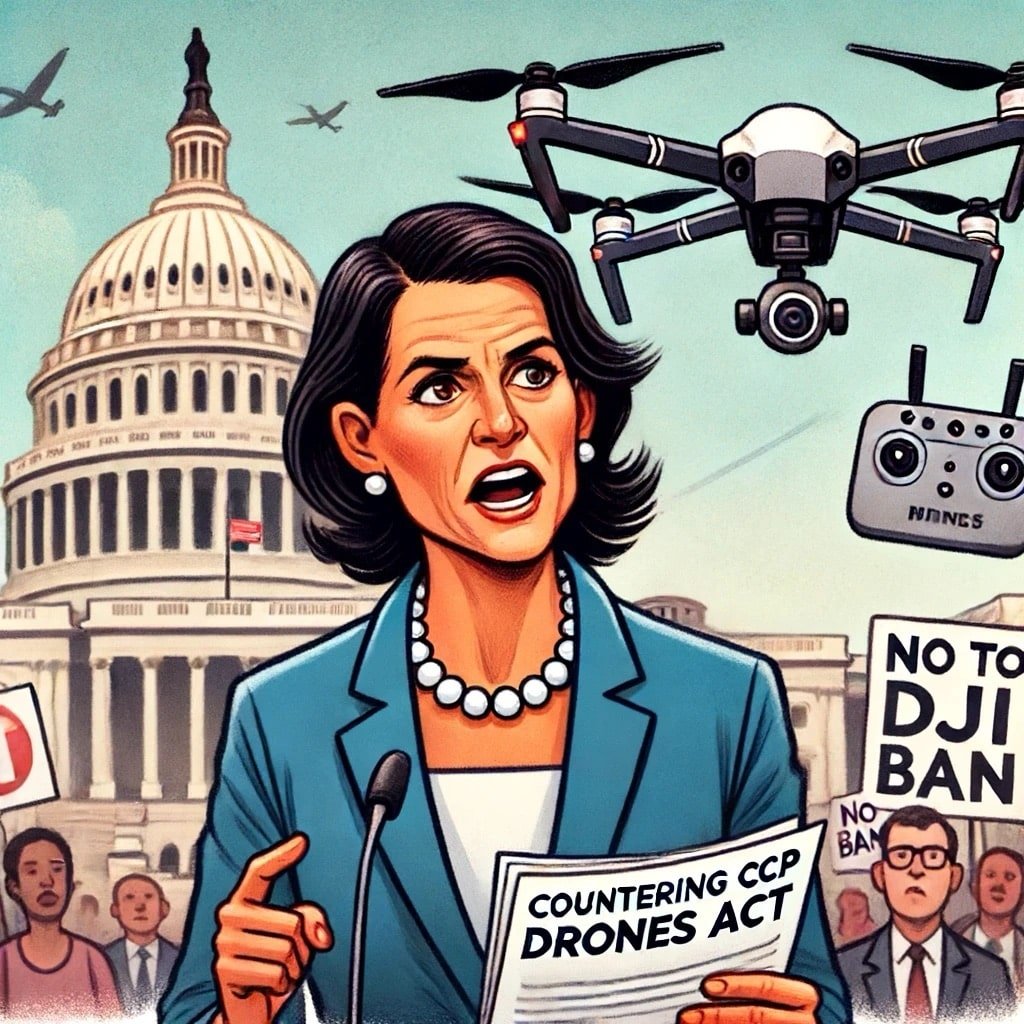




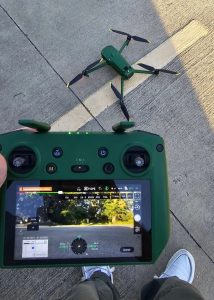

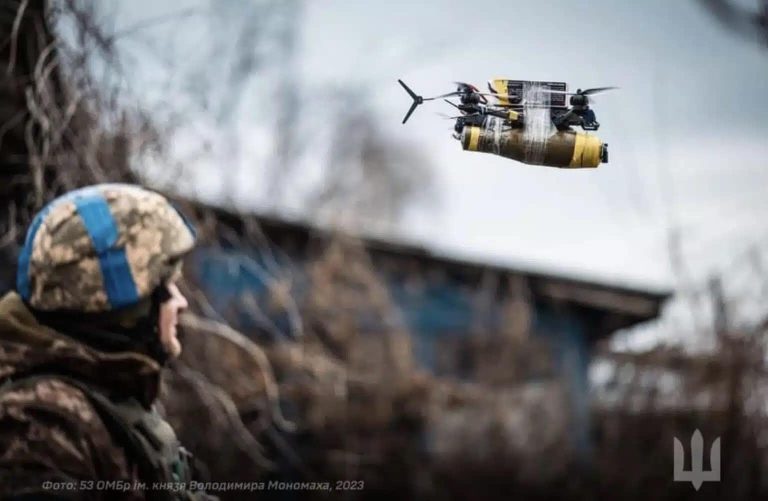


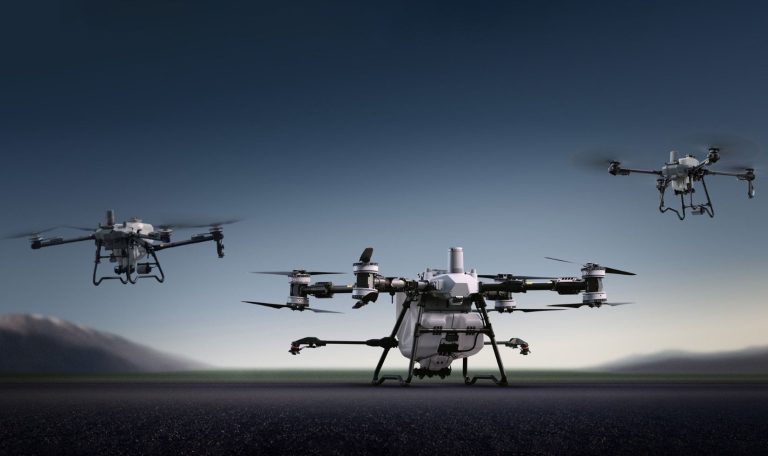
+ There are no comments
Add yours